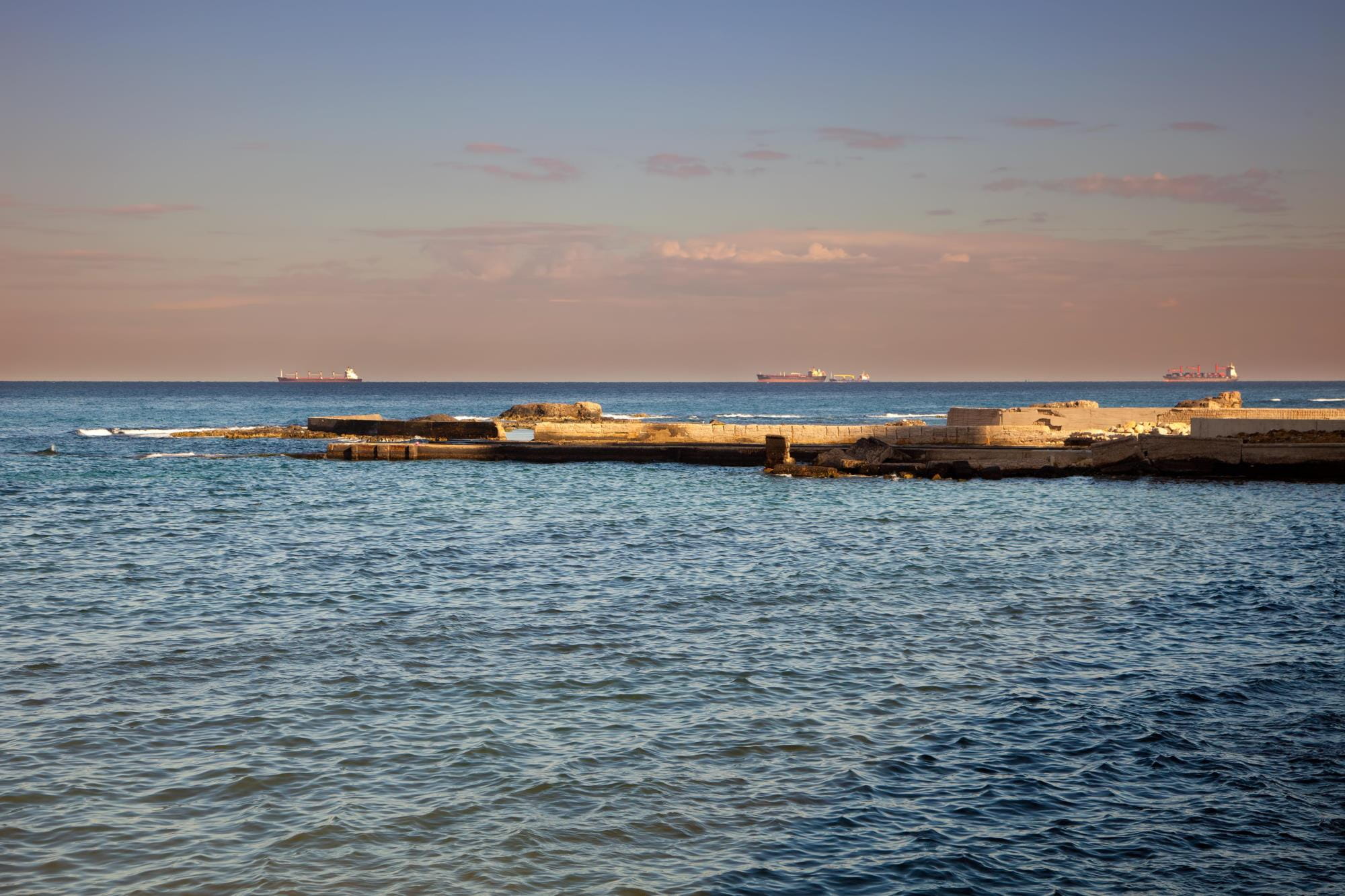Organising and conducting a study with economically and environmentally challenging conditions and social unrest.
The Situation
The Bahr Essalam field is approximately 100 km from the Libyan coastline. Gas and condensate produced from the new wells will be partially treated on the Sabratha Platform and transported onshore to the Mellitah Plant for final treatment and export.
Approach
As part of the Environmental Baseline Study, a marine field survey was conducted to collect samples to define the physical, chemical and biological conditions at the sea bottom and in the water column. The assessment included predictive Air Modelling and Oil Modelling Reports, a Waste Management Plan, an Oil Spill Contingency Plan, HSE Technical Guidelines and an Evaluation of the Economic Costs associated with potential environmental damages due to the proposed project activities.
Advisian conducted the study and assessment following international guidelines and applicable Libyan legislation. The activities addressed in the EIA were:
- Drilling and completion of 13 new wells the subsea developments;
- Operation of the subsea development wells;
- Decommissioning of subsea development wells; and
- Logistic support operations required for the Drilling and Completion phase and the Decommissioning Phase.
Results
Advisian successfully completed the work with adherence to high environmental standards. MOG was provided with recommendations for environmental and social management for the field development, and different management plans to complement the execution of the project.
Due to an unstable political situation in-country, it was paramount Advisian had more than one alternative plan for conducting the marine survey to respond to the changing conditions. Close communications with the Regional R3 (Risk) Manager was maintained whilst operating in this medium-to-high risk country.
Our team was faced with social and environmental challenges whilst organizing and conducting this study in the context of civil unrest and unstable political conditions. There were needs for clearing customs for equipment and samples and resolving logistical problems related to bad sea weather conditions, as well as security concerns that could pose a threat to sampling staff.



